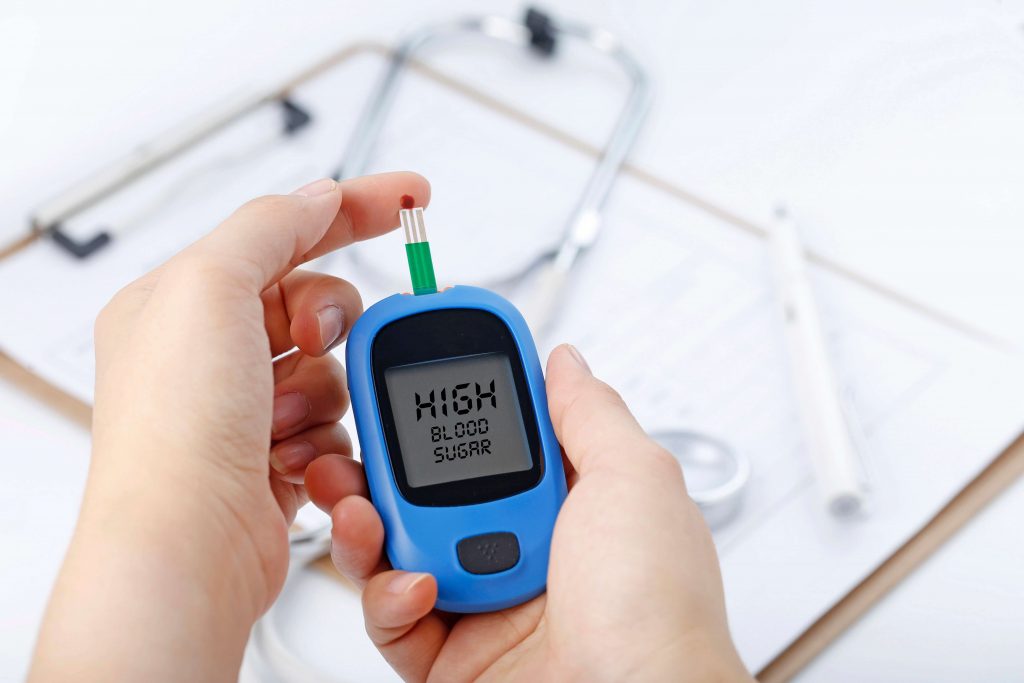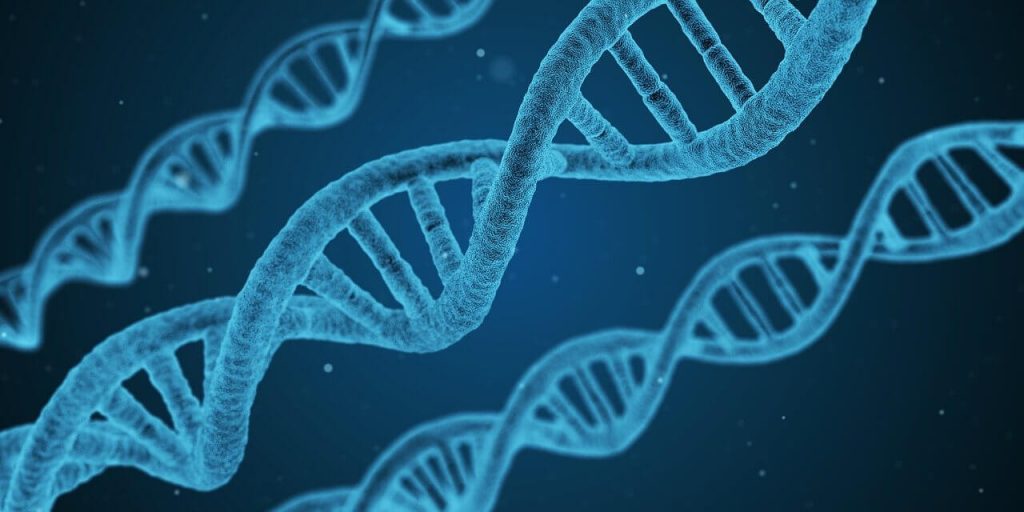Diabetes Challenges
If one of your parents has diabetes, what is your chance of getting diabetes? If one of your siblings has diabetes, what is your risk of getting diabetes? When a diabetic girl is getting married, she is worried if she will transmit the disease to her children?
The genetics of diabetes is a bit complicated, even identical twins who share the same genes but researchers have generalized certain factors.



